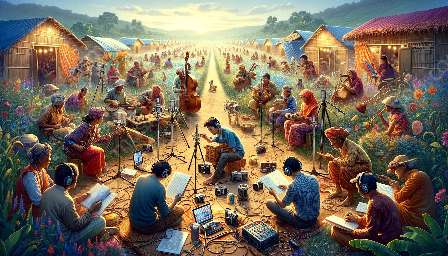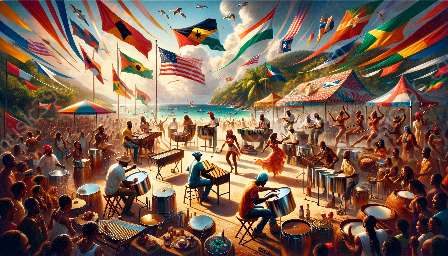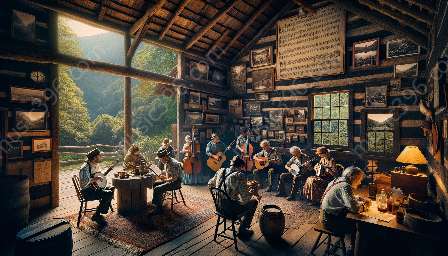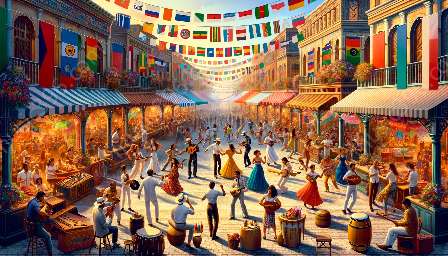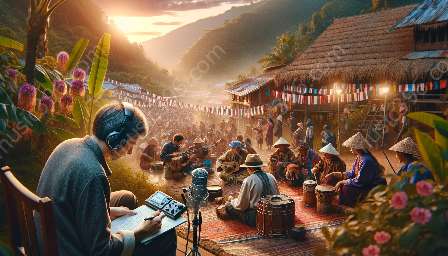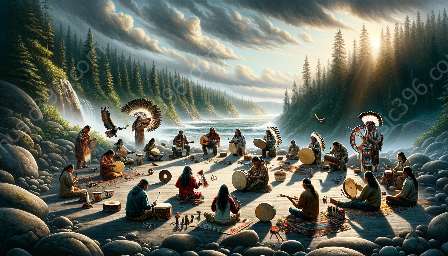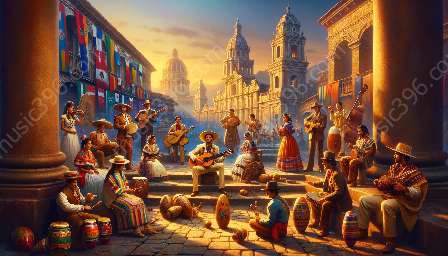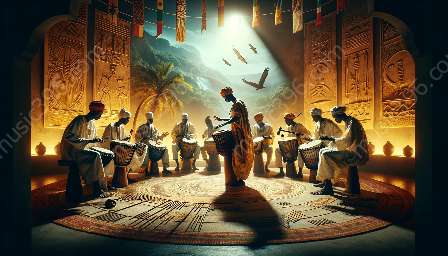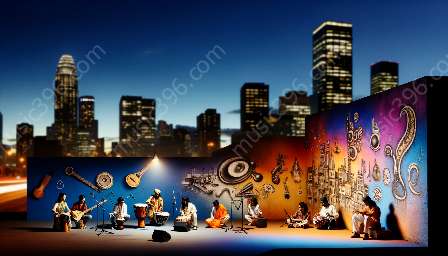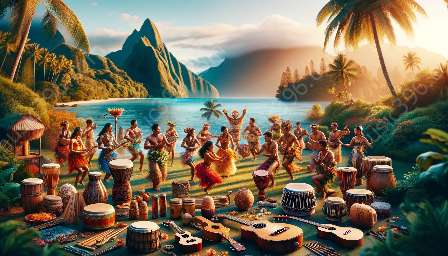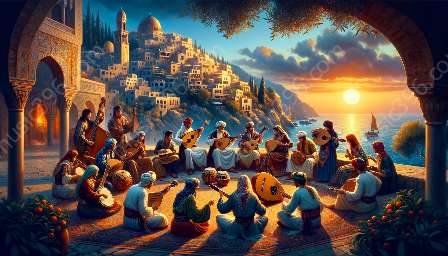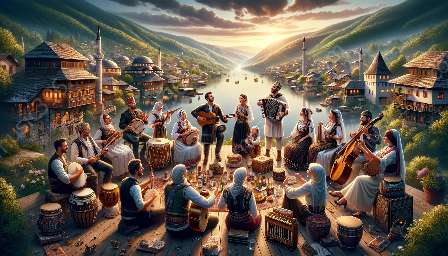The transmission of musical knowledge in Pacific Island communities is a vital aspect of the rich music cultures of the Pacific. This process, which encompasses both traditional and contemporary practices, plays a significant role in shaping and preserving the unique musical heritage of the region. Through the lens of ethnomusicology, we can gain valuable insights into the mechanisms and significance of this transmission, as well as its impact on the social and cultural fabric of these communities.
Traditional Modes of Transmission
In traditional Pacific Island communities, the transmission of musical knowledge often occurs through oral traditions, where elders and community leaders pass down songs, chants, and instrumental techniques to the younger generations. This process involves extensive mentorship and apprenticeship, with the older members of the community serving as custodians of knowledge and culture. Through this intimate and often informal mode of instruction, young musicians learn not only the technical aspects of music but also the cultural and spiritual meanings embedded within each musical element.
Communal Practices and Performances
Another crucial aspect of the transmission of musical knowledge in Pacific Island communities is the emphasis on communal practices and performances. Music is often an integral part of social and ceremonial events, where the entire community comes together to participate in or witness musical performances. This communal engagement serves as a platform for the exchange of musical skills, styles, and stories, fostering a sense of collective identity and continuity within the community.
Integration of Modern Technologies
While traditional modes of musical transmission continue to thrive in Pacific Island communities, the integration of modern technologies has also played a significant role in shaping the contemporary landscape of musical knowledge transmission. Access to audio recordings, digital platforms, and global media has opened up new possibilities for sharing and preserving traditional music, facilitating cross-cultural collaborations, and enabling the younger generation to engage with their musical heritage in innovative ways.
Impact on Cultural Sustainability
The transmission of musical knowledge in Pacific Island communities is deeply intertwined with the cultural sustainability of the region. Through the preservation and continuation of traditional musical practices, these communities reaffirm their cultural identities and resist the homogenizing forces of globalization. The perpetuation of musical knowledge serves as a form of cultural resilience, empowering communities to navigate the challenges of modernity while maintaining a strong connection to their heritage.
Ethnomusicological Perspectives
Ethnomusicology offers a multifaceted approach to understanding the transmission of musical knowledge in Pacific Island communities. By examining the intricate relationships between music, culture, and society, ethnomusicologists provide valuable insights into the dynamics of musical transmission, the cultural meanings embedded in music, and the broader implications for community well-being. Through ethnographic research and cross-cultural dialogue, ethnomusicologists contribute to a deeper appreciation of the diverse musical traditions of the Pacific and their significance within local and global contexts.
Conclusion
The transmission of musical knowledge in Pacific Island communities is a dynamic and multifaceted process that reflects the rich tapestry of music cultures in the region. This transmission encompasses both traditional and contemporary practices, influenced by communal traditions, modern technologies, and cultural resilience. Through the lens of ethnomusicology, we gain a deeper understanding of the profound significance of this transmission, not only for the preservation of musical heritage but also for the social, cultural, and spiritual well-being of Pacific Island communities.


